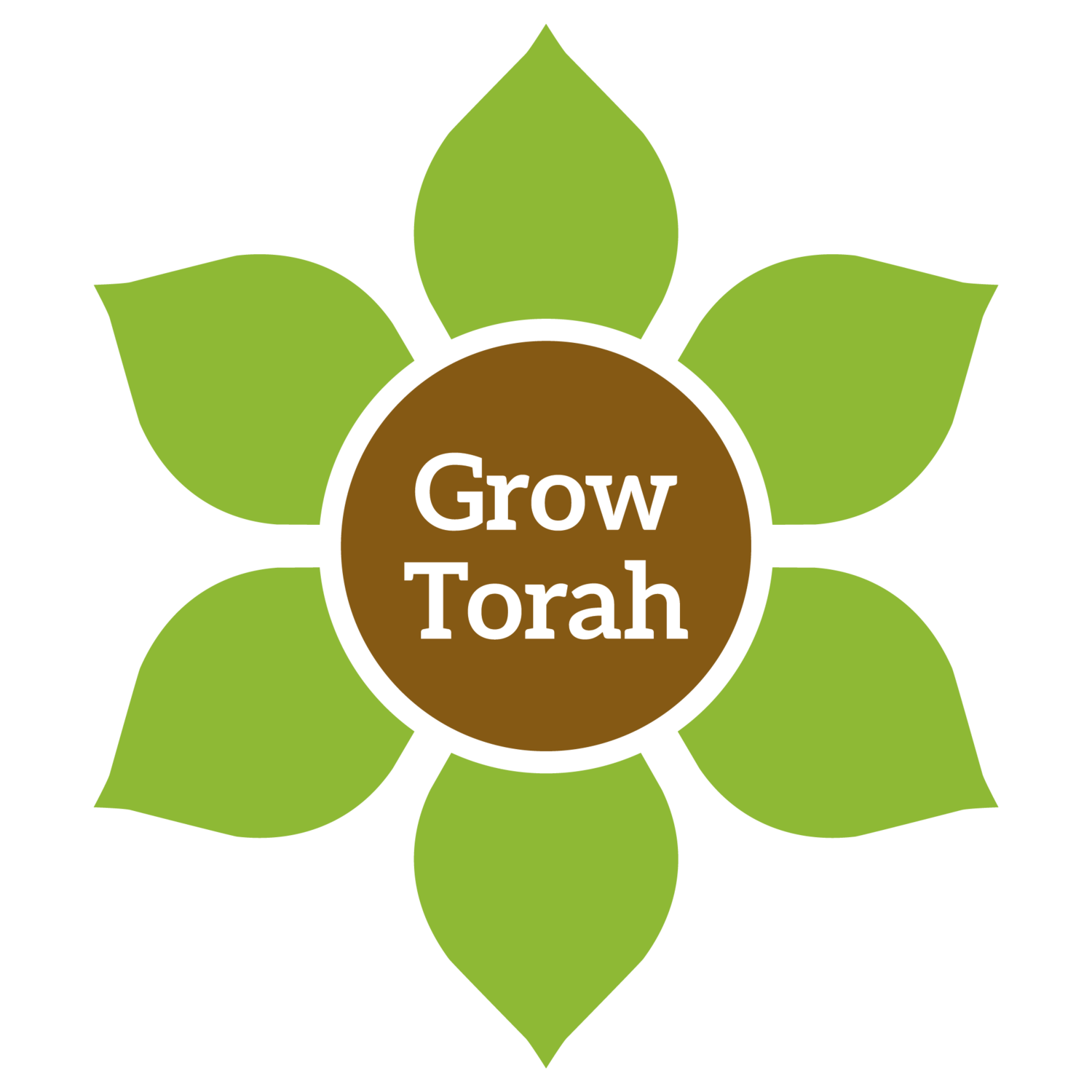Parshat Shemot: The Power of Names
In this week’s parsha, the opening of Sefer Shemot, the Torah lists just that - names - the names of all the Jewish people who descended to Mitzrayim. Is there a lesson behind listing these names; something beyond informing us of the people involved in the parsha? Is there any connection between these names and the new Paroh being unaware of Yosef? Do we know who the people are in our lives who produce, maintain, and supply our goods? The first step to having a relationship with anyone is being aware of them - knowing their “names.”
Parshat Bo: Taking Notice in Our Time
In this week’s parsha, the Jewish people receive their first mitzvah as a nation - the mitzvah to sanctify Rosh Chodesh. What greater notion is behind this mitzvah? How can this mitzvah reconnect us to nature? Time can be very useful to us, when used properly.
Parshat Beshalach: When the Wood Meets the Water
In this week’s parsha, B’nei Yisra’el leave Mitzrayim in miraculous fashion. They travel through the Yam Suf, receive sweetened water, and receive water from a rock. What was B’nei Yisra’el’s relationship with water in this week’s parsha? What can we learn from the recurring theme of water? Water is not a resource we should take for granted and it is up to us to sustain it.
Parshat Yitro: Love of G-d and Material Desire
Parshat Yitro, hosts the ten commandments. The last of them is the lo ta’aseh against coveting. How can we ward against jealousy? What causes jealousy to begin with? What environmental factors do we jeopardize by coveting that of our neighbor? There are psychological and philosophical concepts that can lead one to environmentally friendly behaviors.
Parshat Mishpatim: Ownership and Social Responsibility: Humans as Co-creators and Co-owners
In Parshat Mishpatim, we learn about laws related to borrowing property. Many assumptions can be made by any given borrower or lender regarding their rights and responsibilities. In this essay, Rabbi Dr. Norman Lamm Z”l expounds on the concepts of creativity and responsibility, and how they inform our relationship with Hashem and Nature.
Parshat Terumah: An Age-Old Message for Current Consumption
In Parshat Terumah Hashem commands the Jewish people to build the Mishkan. Why are the requirements for such a holy structure so focused on physical materials? What can we learn from one of the specific materials listed? There is a lot within our control to treat the earth properly, keeping Hashem in mind all the while.
Parshat Tetzaveh: Details, Details
In Parshat Tetzaveh Hashem continues to instruct B’nei Yisra’el regarding the Mishkan. Why are the details so important? Does the focus on the details take away from our ability to create our own spiritual experiences?
Parshat Ki Tisa: Coins, Cows and Counting
In this week’s Parsha, Hashem commands Moshe to count B’nei Yisra’el by means of collecting silver half-shekalim. What is the purpose of counting the Jewish people in this fashion at this juncture? Is there a deeper message in the use of money for this goal? Let’s explore the place of wealth in a Jewish life-style.
Parshat Vayakhel: An Ecological Message in Shabbat
In this week’s Parsha, B’nei Yisrael are instructed regarding the completion of the Mishkan. Suddenly, Moshe instructs us regarding Shabbat? What is the connection? Perhaps we can answer this oft-asked question with a careful look at Hashem’s creation and the first Shabbat.
Parshat Pekudei: G-d is in the Details
In this week’s Parsha, Hashem delineates many of the details of the Mishkan. Most of this parsha contains information already conveyed in past parshiyot; why repeat it here? We can learn a lot about successful outcomes from the process…











